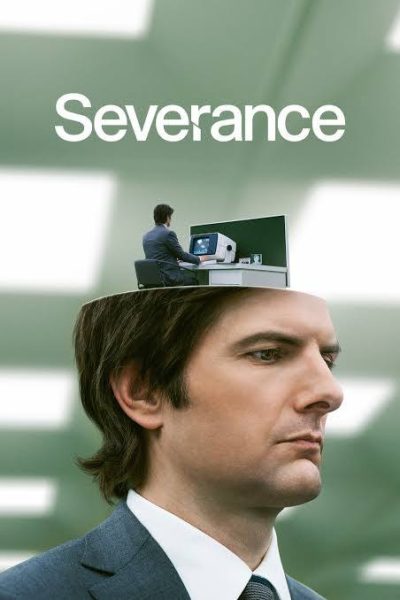What You Should Consider When Deciding Whether Or Not To Go Full IB
How well do you know yourself? What can you handle academically, and what shoves you over that edge of over working? These are the questions you must ponder and have governance over when making the decision to do full IB.
One factor to consider is how you deal with stress. It’s important to note that scores on IB given tests do not affect your grade in that class. This is good because often students can do very well in a subject because they can handle workload, but they may just not be the best test takers. This comes with how well people can deal with stress. And what kind of stress they can best handle. Determining your learning style and what kind of stress you can most easily manage will help with deciding on which road to take when it comes to IB. This can be done through self evaluation and paying attention to when you are most stressed in school.
There can be a lot of expectations on students from parents, teachers or even themselves. Major pressure, especially from parents. The insane stress-induced “all or nothing” attitude that parents can force on their children is not the kind of stress that students need. It’s not the end of the world if a student doesn’t do full IB. And it’s incredibly close-minded to consider not full IB “nothing.” In the end it’s the student’s choice of what is best. And there is a lot to consider. I hope to give students a general blueprint to help them analyze all their possibilities and know what to think about when making this vital decision.
Doing partial IB should never be ruled out. Partial IB allows you to take and test in courses you want college credit. It’s usually best to pick the courses that you want to have more of a challenge in. The only downside is less international university opportunities, and you don’t get the IB diploma.
I know that before going into junior year, you may still feel it is too early to think about what colleges might be of interest. But it is never too early in my opinion, and the sooner the better. The more time you have knowing what general trajectory you want your life to take after high school may help you make the decision of whether or not to go full IB. Make sure to do additional research on whether schools you are interested in accept all or any IB credits. Full IB is considered by most colleges to be very rigorous and many will appreciate this. Knowing beforehand a schools’ standpoint on the IB program will help you decide on whether to commit to the diploma.
There are an absurd amount of students attending Cleveland this year. This can make it hard to switch out of full IB because a lot of classes are full. This is when you’d decide to just opt to stay in the full program. If that’s the case, there are a lot of resources for students who are in full IB and want assistance with the academics or just advice. The Theory of Knowledge class helps students with the extended essay and their creative active and service portfolio. The IB coordinator, Jennifer Wiandt, is always available for consultation along with IB teachers. Once you get farther along in the program, there are resources like extended essay supervisors and the extended essay senior showcase.
Please take advantage of the resources you are provided at Cleveland when it comes to academic consultation. You don’t have to make this decision on your own and you shouldn’t have to make it with any external pressures. It’s also completely fine if you have no clue what schools you might be interested in after high school or if you even want to go to college. Who knows what course your life may take and what may pique your interests along the way. But know that your future and how you perform academically are two major things to consider when faced with an IB diploma or certificate.







